For the first time, there is now a biomarker of human aging (a research diagnostic test) that has been proven to accurately predict your age to within a few years, and it has also been shown to accurately predict mortality, all from taking a simple blood or saliva sample…
So now, as healthcare professionals, scientists, and people who care about life-extension, how do we take full advantage of these recent discoveries? What tests are available now that can be used on our own, with our patients, or in our research? What are the best ways to use these tests to track our health, and to monitor which treatments might impact the aging process? More fundamentally, how does the epigenetic clock of aging work? What is driving it forward at the molecular and cellular level in all of us?
Renaissance Bio met at UCLA on Jan. 22, 2018 to explore these questions and more.
